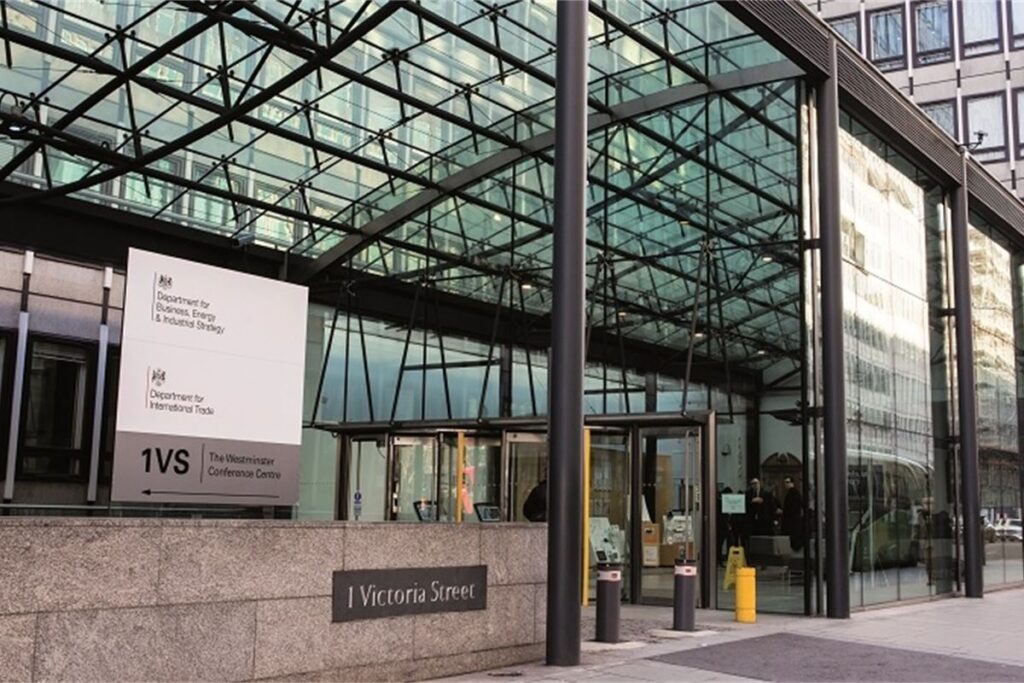
I’ve been recently reading about doughnut economics – the economic concept around how we consume as a society. In essence, the idea of the doughnut is that we should aim for the ‘ring’ of a doughnut to be our level of consumption. Any less than this leads to a shortfall, causing lack of education, famine and disease. Any more leads to overconsumption, damage to our planet and climate and issues such as biodiversity loss.
A large portion of our economic indicators are based upon GDP growth. Over the last century, our main idea of measuring a country’s success is as to whether it has GDP growth or not. GDP has often been heralded as the mark of doing ‘better’, and it is only recently that we have started to question this whole concept in mainstream discussions. Arguments for higher GDP growth are also complemented by arguments of trickle-down economics, i.e. that GDP growth will lead to benefits for the wider society. Unfortunately, modern society has shown that in reality an unbelievable amount of wealth is owned by the top 1%, who according to Inequality.org own approximately 43% of the wealth of the world, which rather than reduce, has actually increased.
We are now seeing a shift in perspective on how we view our economy starting to emerge. The doughnut leads us to think more holistically about our effect on a planet, and instead think about other measures such as wellbeing, happiness and sustainability. This is still quite a mindset shift which will need to take place – the idea that our aim may be to increase wellbeing but to not increase GDP (or even decrease) still feels like a radical idea. After all, we want to grow, get bigger, better and stronger.
This wider economic debate got me thinking about the idea of growth itself, including from our own perspective on personal development. As a coach, we often love using the word growth as a strong visual image of improvement – it harks to our childhood where we grew to fully formed adults. And yet, this obsession with the idea of growth may actually be unhealthy. After all, do I need to grow? My waist size certainly doesn’t!
I think our strong attachment to the idea of growth can mislead us. From an economic perspective, it can give the idea that getting bigger is always a positive thing, which furthermore trumps any other economic or social considerations. From a personal development perspective, the idea that we need to grow and ‘get better’ is often quite inhibiting when what we really need to do is take a step back and reflect – (One of the most common coaching techniques is even called ‘GROW’ which probably doesn’t help!). This can often reflect itself in the aims of a development conversation – to get a promotion, higher salary or be more productive.
What we are often aiming for is a change, transition or transformation of our behaviour. This is often difficult as it makes us re-evaluate what is important to us, and how we may act in our day-to-day interactions. However, when we constantly frame this in the idea of ‘growth’ we can build an element of guilt into this – if we are not constantly improving day by day we are failing in our quest to become ‘better’.
Even as a coach, I can fall into the trap of wanting to see either myself or the people I coach get better and more productive. This frames my own thinking – for example that ‘things will get worse before they get better’ and that the period of uncertainty is a bad thing when first starting a coaching relationship which questions underlying assumptions. Rather, it would help us all to see this as part of a journey towards development which gets us to where we want to go. We do actually see this take place as time goes on with coaching clients – when the goal starts as being more productive or a promotion, it often transcends this to something deeper, such as what the individual’s values and goals are, and what would lead to them being happy or fulfilled. The solution rarely is actually is about having ‘more’ to find fulfilment, instead it’s something ‘different’.
So I’m looking to reframe my own thoughts around growth. Whilst it can be a helpful concept in certain circumstances (e.g. when you are a child and looking to grow physically) when the word is overused it can often bring in underlying context which can often be unhelpful as it builds an assumption that ‘better’ is more, and faster, and this is often not the case.
I would love to hear your thoughts about how you frame growth, and whether you agree (or disagree!) with my thinking.








